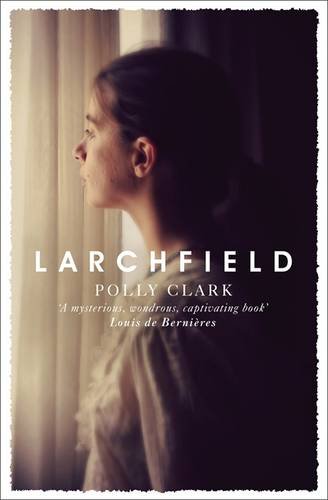Why a Booktrail?
1930s, 2000s: ‘We need the courage to choose ourselves’ W. H. Auden

1930s, 2000s: ‘We need the courage to choose ourselves’ W. H. Auden
Dora Fielding, a young poet, moves to Helensburgh on the west coast of Scotland. She is newly married, pregnant, and excited by the prospect of a life that combines family and creativity. However life in this new place is not as she expects it to be. Dora comes to find the realities of small town life suffocating, and, eventually, terrifying; until she finds a way to escape reality altogether.
Another poet, she discovers, lived in Helensburgh once. Wystan H. Auden, brilliant and awkward at 24, with his first book of poetry published, should be embarking on success and society in London. Instead, in 1930, fleeing a broken engagement, he takes a teaching post at Larchfield School for boys where he is mocked for his Englishness and suspected – rightly – of homosexuality.
These two very different people have more in common than at first appears.
This is a story within a story as Helensburgh is the setting for the author’s journey as well as that of her characters.
Polly Clark was born in Toronto but moved to Helensburgh and mentions that she felt as if she ignited anti English feeling where ever she goes. She also found that when she got pregnant she felt even more isolated and homesick.
She first read the poem The Orators by WH Auden and saw how his move to Helensburgh had also had a profound effect on him and his life. The poem changed her life and made the author want to look into Auden and his life and recreate their stories into fiction. Finding Auden saved her and so this story takes the reader and Polly as a writer back to the days of Auden and the small community of Helensburgh. A community which was difficult to outsiders in more ways than one and one which they try to break and integrate into.
Two stories of one seaside Scottish town – separated by decades but two stories of struggling to start a new life, life in a small claustrophobic and rural community and using the life and poems of a man who lived years ago as a guiding light
Auden heads over to Weimar Berlin to meet with his friend Christopher Isherwood, but the shadow of National Socialism and the war lays heavily on everyone there.
Susan:@thebooktrailer
A really poignant story of two poets separated by decades but whose stories interweave into a very personal account of isolation and hope.
I knew nothing of the poet Wystan (WH) Auden or Larchfield school but his story was compelling as was the poem referenced in the story, whose meaning really comes out as you read. The link between his life and that of Dora and indeed Polly is striking and memorable. Auden comes to teach in this small town and in the 1930s the fact that he was gay was a major problem. Another obstacle in an already difficult time for him.
Via Polly Clark’s fictionalised version of Auden I really felt as if I got to know this man an his character very well – I also enjoyed the story of Dora as I realised I was also reading Polly’s tale – her very emotional and moving tale. This just shows how shared experiences whether from a friend in the present day or someone from another time can really affect and bring parallels and meaning to your own life.
It’s a memorable and winding story that was poignant to read and like a form of therapy for the writer I assume. I know Helensburgh quite well and this makes me want to go back and discover it again through Polly, Dora’s and Auden’s eyes.
Author/Guide: Polly Clark Destination: Helensburgh Departure Time: 1930s, 2000s
Back to Results1910. 1970s :In the middle of a severe storm two sisters rescue a mysterious man from a shipwreck.
Read more